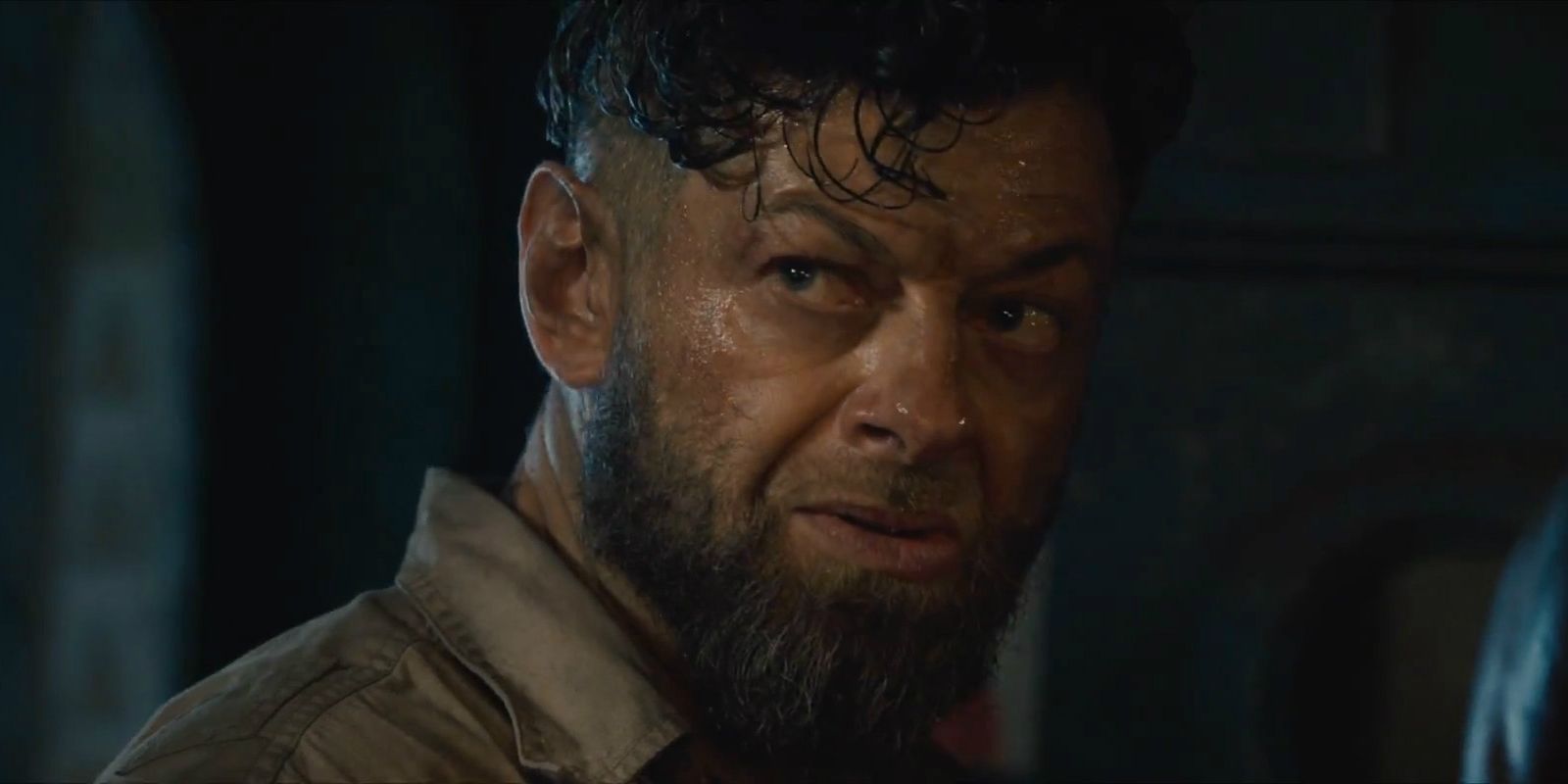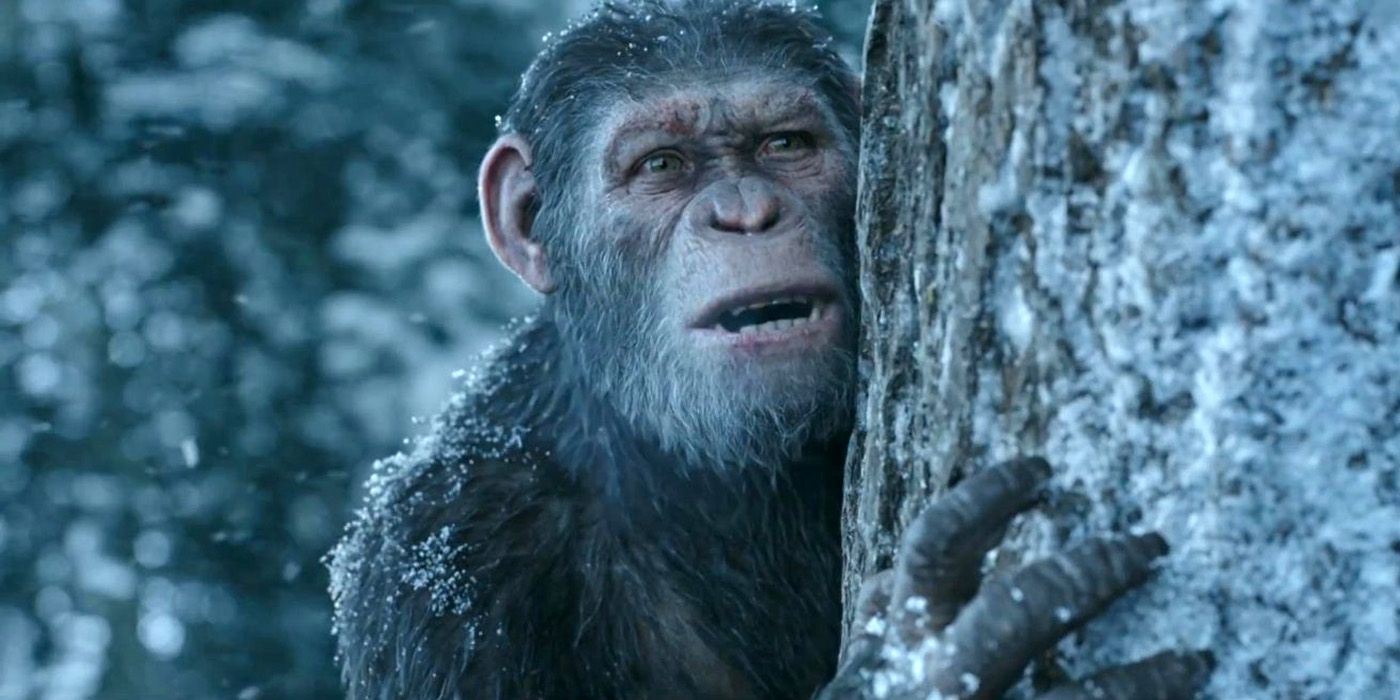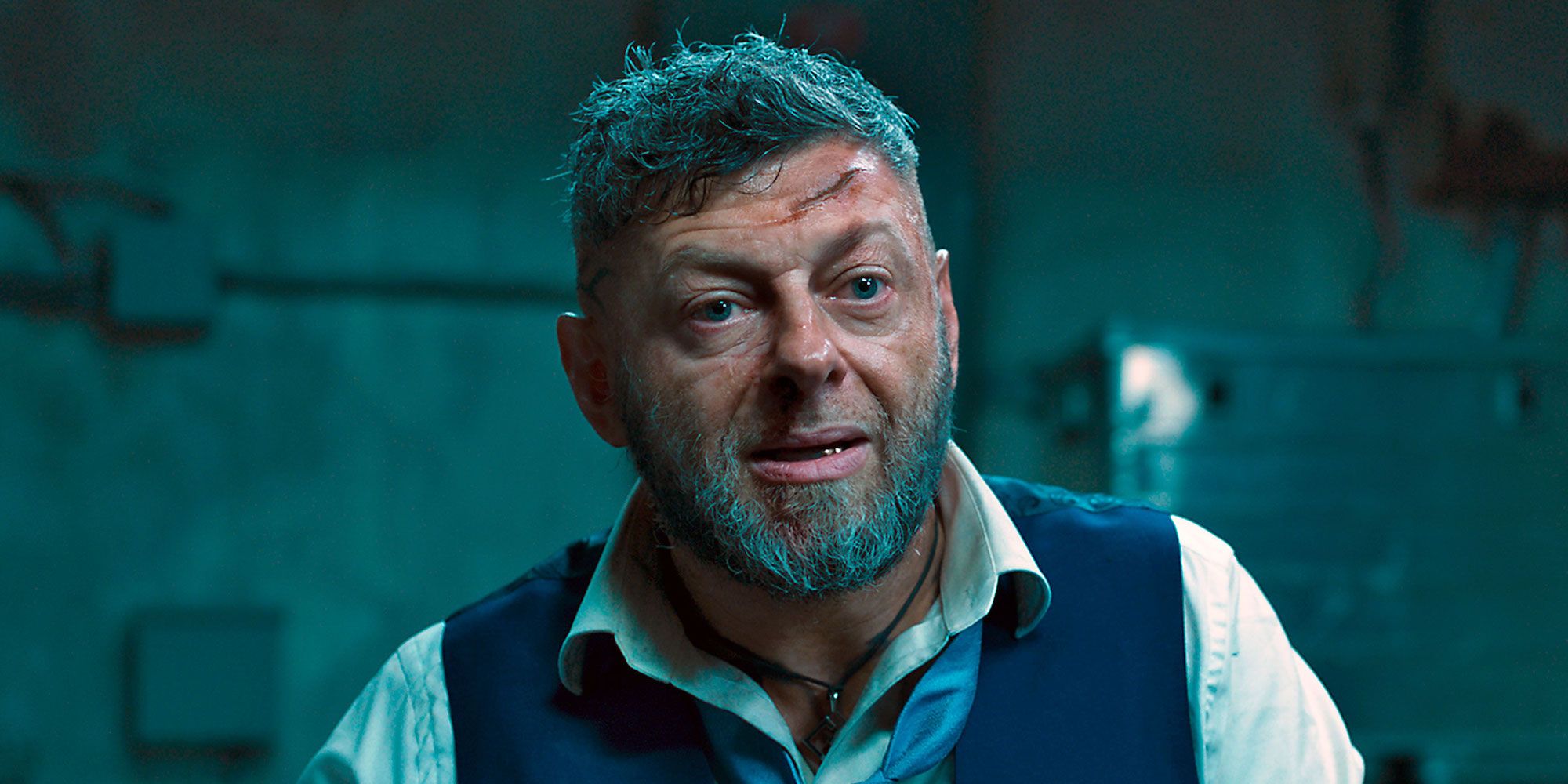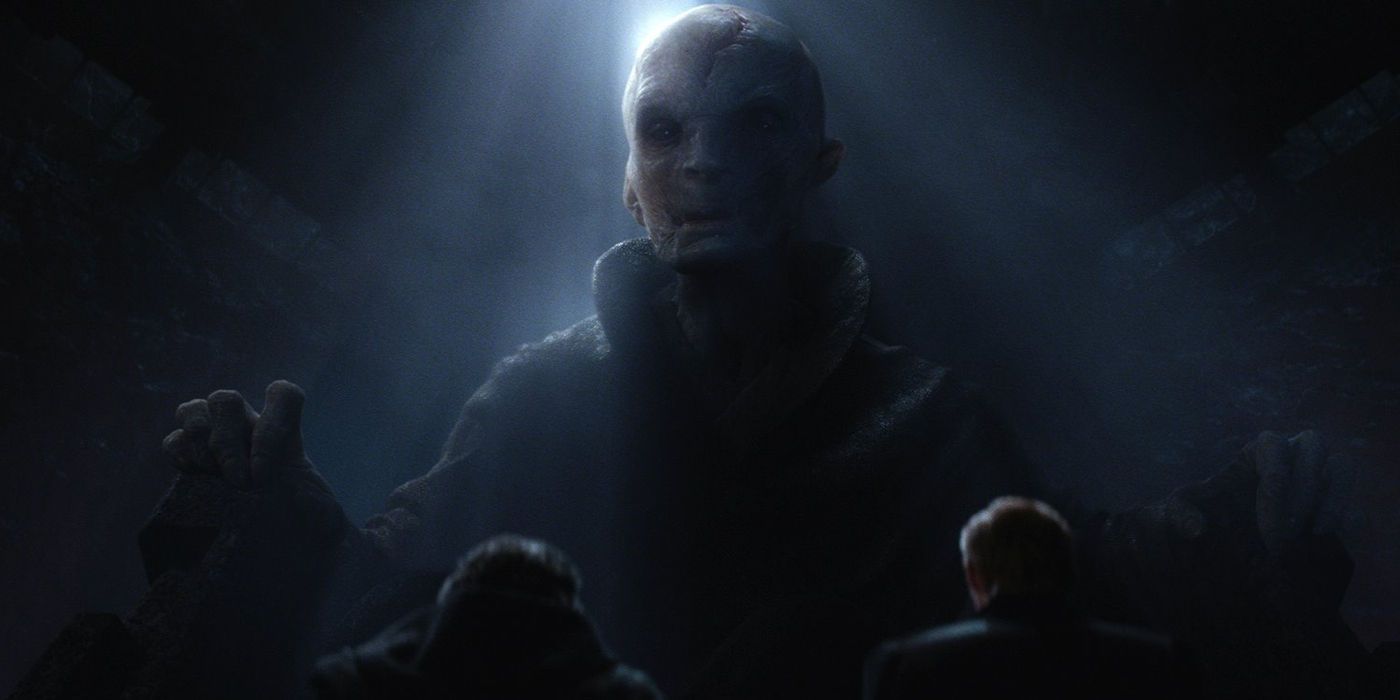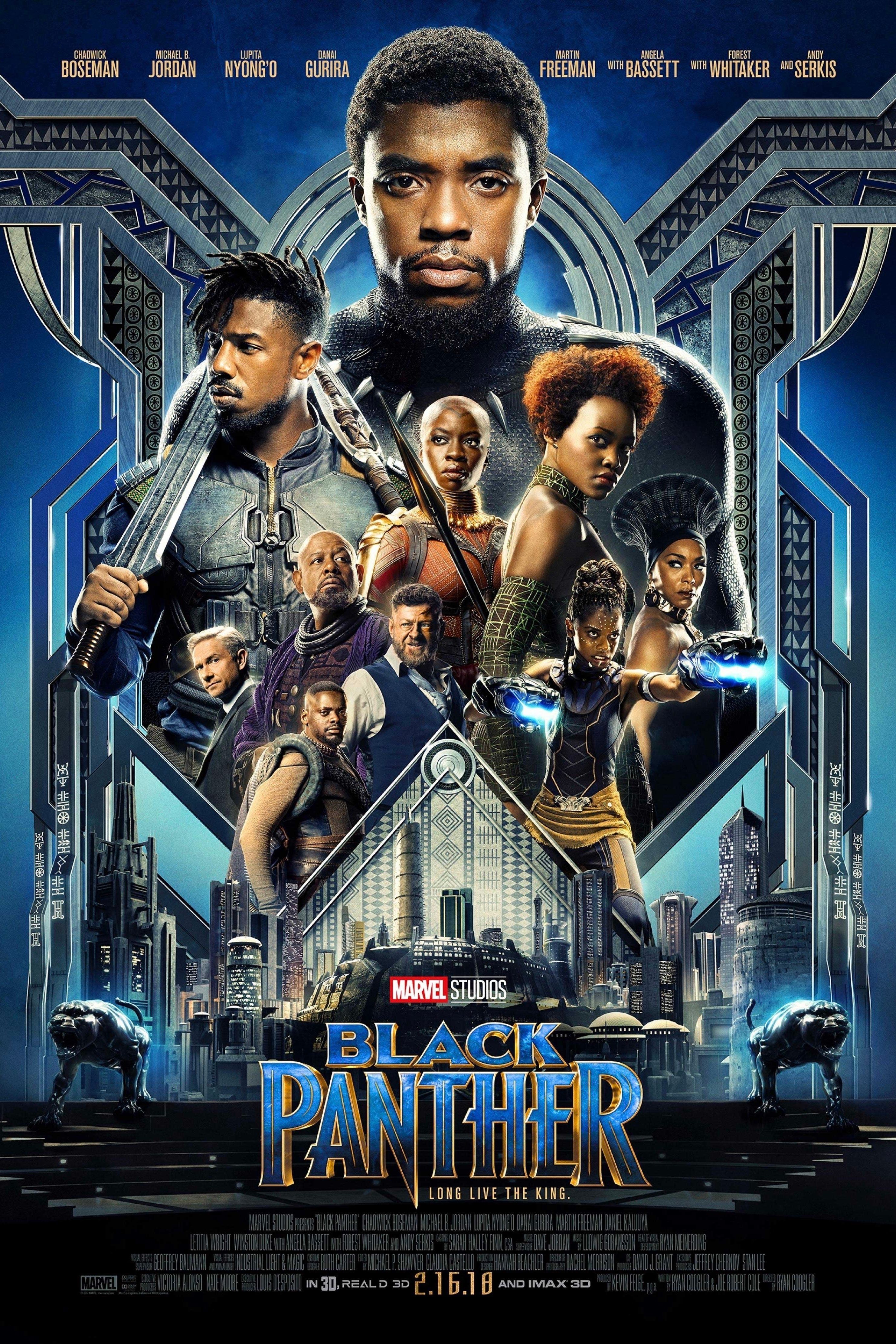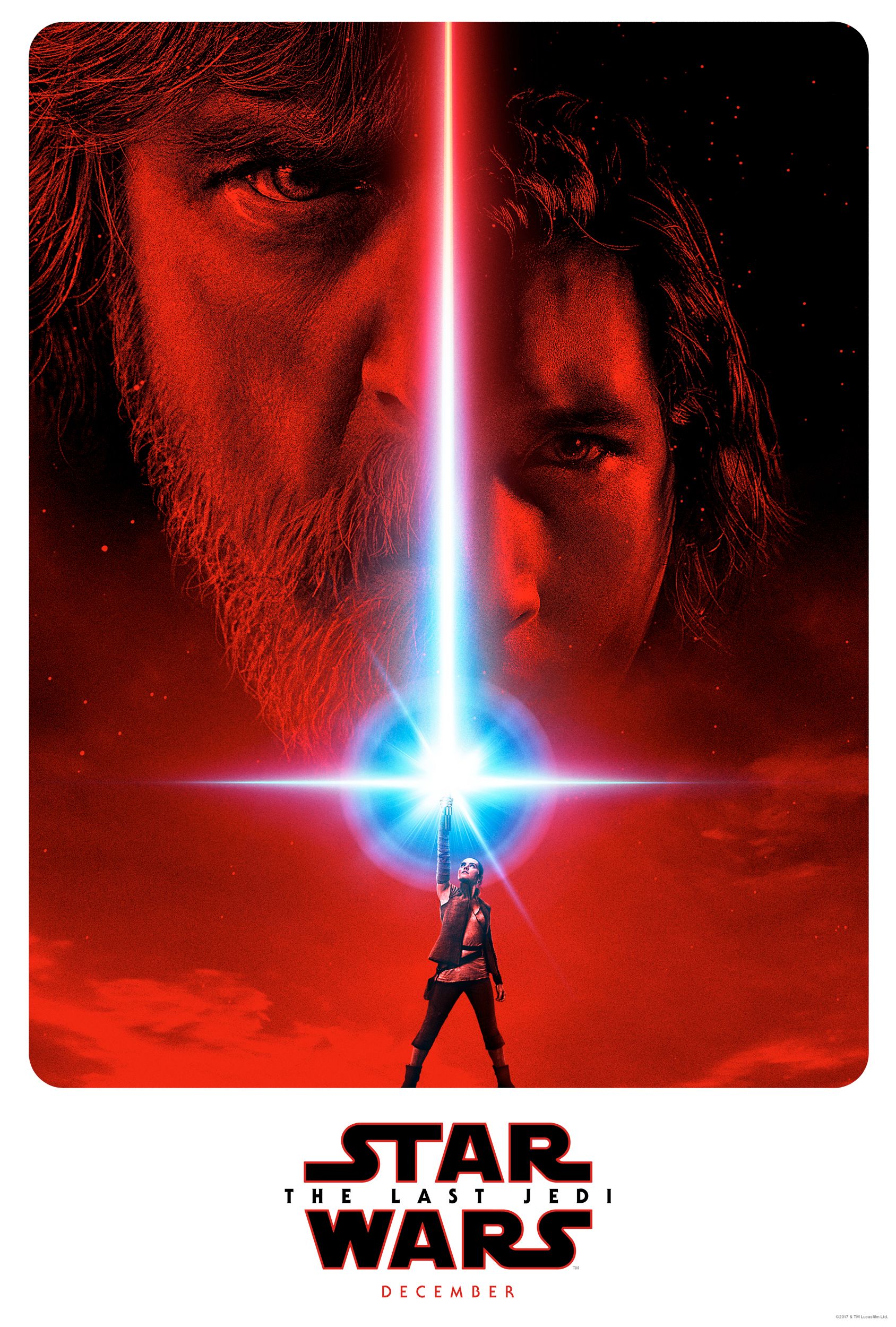Andy Serkis has been a pioneer in the world of motion capture performances for film and TV. He can currently be seen providing the mo-cap and voice for Caesar in War for the Planet of the Apes, and later this winter as Supreme Leader Snoke in Star Wars: The Last Jedi. He will reprise his role of live-action character Ulysses Klaue in Marvel’s Black Panther next year. Not only has Serkis performed as Caesar, but he also led classes for all of the ape motion-capture performers to teach them how to accurately portray the apes to get the best-looking performance on screen.
So first off first question is that the Planet of the Apes franchise is seen as one of the greatest modern trilogies now, there's been talks story continuing, if it does continue what do you think could be what could be based on the actions Caesar has taken?
Andy Serkis: Well. I mean it's very much been up for grabs and it was the great thing about this is. Is that. There’s still huge opportunity in between the end of war and where the film will ultimately take us back to the original 1968 version. So you could drop anchor in any number of situations. But I think the thing that Caesar has done effectively is create an ape society. So he is, you know, against all odds really, and also with a revolution in the middle, fueled by Koba, the other ape that’s trying to fracture the possibility of a peaceful solution coming between apes and humans.
So I think one of the things, obviously Caesar is, is an empathetic leader, because of the fact he grew up with human beings, and understands human beings and has been shown love by human beings, and as a legacy, I think that would always be what you would hope would continue to happen, that apes and humans in some way would find a way to survive together, and not be in conflict, but to coexist peacefully. But he has also set-up this ape society that is coherent, and strong, and together, so that all different species have come together under the group of apes, you know, gorilla’s orangutans, bonobos, chimpanzees, that they can all coexist.
Now, the magic of motion capture means you can come back in future installments, even as another character, would you be interested in coming back?
Andy Serkis: Oh look, I love this franchise, I love these characters, and the metaphor of using apes to say something about the human condition, it would have to be an exceptional director like Matt Reeves or Rupert Wyatt, or someone of that ilk who owns the material, who owns the metaphor, and if the character was as exciting as Caesar’s been and had as many facets to the character, then of course, I would love to.
You know, you revolutionized motion-capture, so what is the next big challenge for motion-capture?
Andy Serkis: Well, the actors can now, we’ve proved over the years, certainly since I’ve played Gollum, that you can actually play anything, you can embody, give life, become sentient being, in any form. For instance, I’m working on the Jungle Book, directing the Jungle Book at the is taking a human face and turning it into another kind of Humanoid face like an ape is challenging enough, but if you’re trying for instance to turn a human face into a panther, or a tiger, or a snake, and make it believable speaking animal, a believable character, that is hugely challenging, so that’s one of the things in the future, I think will be how you can bring that level of emotion and recognition of what a characters emotions are even extraordinary ones.
It’s interesting you bring that up about The Jungle Book, because obviously Disney’s Jungle Book came, and how are you going to differentiate your Jungle Book from the one that came already?
Andy Serkis: Well, ours is using performance capture and theirs didn’t, so theirs is a purely animated CG world with CG characters, ours is shot on location, it’s in real locations, we shot in South Africa, it’s very much more like live-action photography, also it’s made for an older audience, it’s not for 5 year olds, it’s not for Disney family ages, it’s darker, it’s much closer to Rudyard Kiplings book, the tone of Rudyard Kipling’s book and we have these actors who played the animals as opposed to voiced the animals, so there’s a great difference in that, in the way of embodying that character and owning that role all the way through the conception and authorship of the role. And also ours is very definitely as the book is rooted in, grounded in India, it’s Colonial it’s turn of the century and so it has that sort of authenticity and I suppose that sense of, you know, it’s just closer to Rudyard Kipling’s world.
You know, there’s a lot of buzz about Black Panther, which we’re huge fans of by the way, phenomenal character. Will we see it based more in Klaue’s Comic Roots with prosthetics and so forth, maybe kind of like an arm or so?
Andy Serkis: Oh well, obviously I can’t give away too much but, let’s say that yeah, Ulysses Klaue is not armless this time.
They respect the comic books huh?
Andy Serkis: Exactly.
Also, in what ways does the scope or the story of Black Panther differ from some of the other Marvel films
Andy Serkis: Again, I don’t feel, I don’t know how much I’m able to tell you at this point because I don’t want to spoil anything. It’s obviously based around Wakanda and you’ve heard that in the trailer and what the perception Wakanda is and what the reality of that place is. And suppose it’s a father son movie in many ways, you see The Black Panther and T’Challa, his father, the relationship between them and so forth, a figure coming into his own, you know, the Prince becoming, wearing his spurs, so. . .
There’s a rumor that when you were cast in Age of Ultron it wasn’t actually as Klaue and that sort of happened later, is that true?
Andy Serkis: Yeah, I mean I started working on Ultron, Basically Age of Ultron came to Imaginarium Studios which is a performance capture studio in London. We worked with Mark Ruffalo and the Hulk and James Spader, we were trying to find a physicality for that character, so it was on a consultancy level that I was working with Joss Whedon and then, Joss, who knew me as an actor as well said I’d love you to come play Ulysses Klaue in this and I said "Yea, absolutely."
I’ll ask one last question, not to spoilerly at all, just out of curiosity, without getting too much into it, this time around, did you do any prosthetics or was it all CG with Snoke?
Andy Serkis: I really can’t . . .
Did you get to do any practical acting?
Andy Serkis: Practical acting? What does that mean?
Well, I mean without mo-cap.
Andy Serkis: Without mo-cap . . . Well, um, it’s created using performance capture technology. But I mean, practical acting to me sounds like . .
I didn’t mean it like that . . .
Andy Serkis: Yeah yeah yeah, no, it’s like, you’re acting, but like, no, there was no prosthetics.

